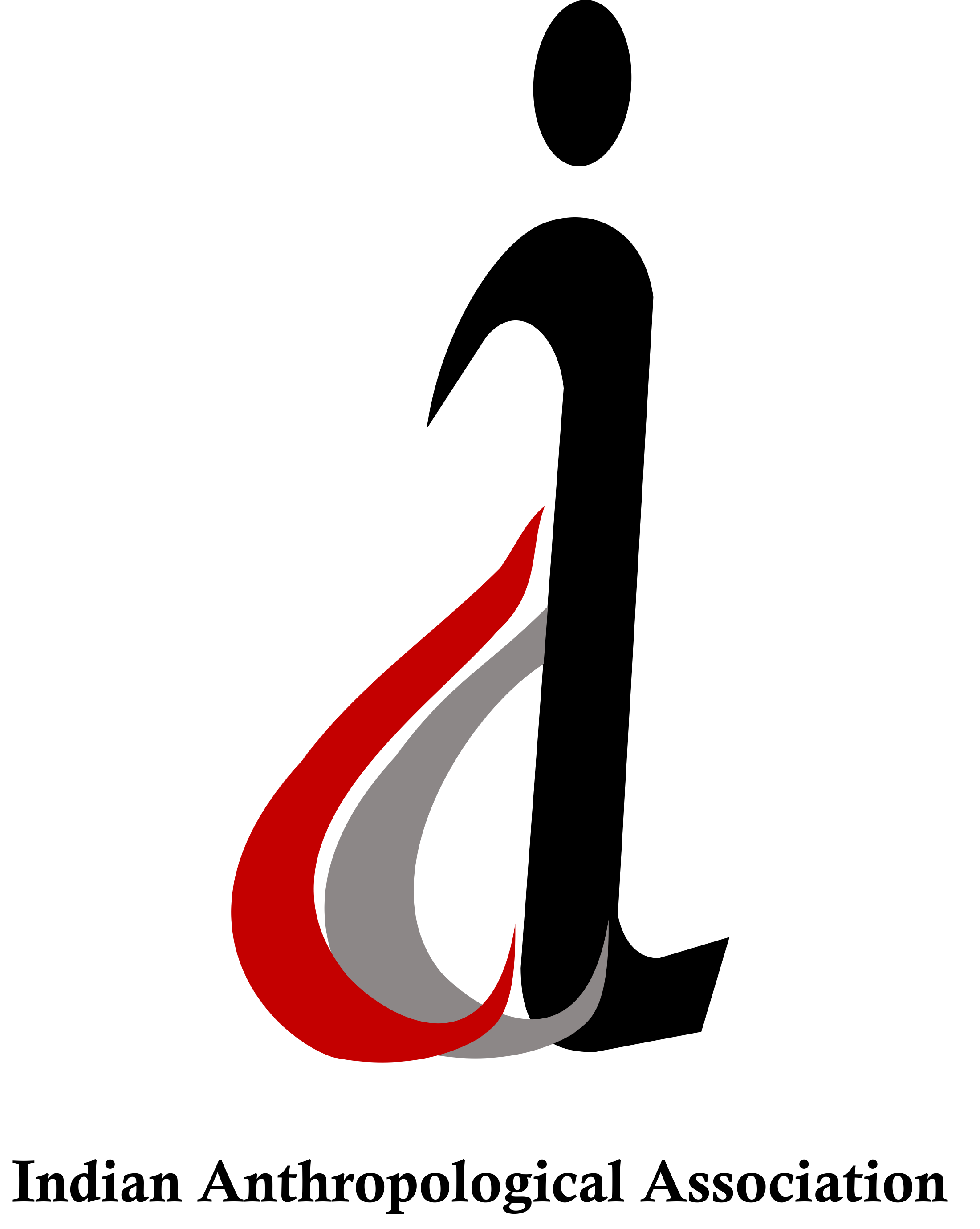About us
Indian Anthropological Association (IAA) is the representative body of the professional anthropologists in India
The idea to form this association was conceived way back in 1964 at Dalhousie, Himachal Pradesh when the All Indian Summer School was organized by the Department of Anthropology, University of Delhi, Delhi. Late Professor P.C. Biswas was the founder chairman of the association. The participants of this Summer School included Irawati Karve from Pune, L.P. Vidyarthi and Sachidanand from Ranchi, J.C. Sharma from Chandigarh, M.R. Chakarvarty from Calcutta, R.P. Srivastava from Lucknow and many other eminent scholars. All the members felt that although there were regional associations present in many universities, a national body like this could negotiate well with the government bodies.
The Association continued in an informal manner till 1969 when it was formally registered under the Societies Registration Act with the Department of Anthropology, University of Delhi, Delhi as its national headquarters. Since then the association has never looked back in its journey in the pursuit and dissemination of knowledge regarding the diversified conditions of human existence. It has focused on the understanding of the variety that the Indian culture exhibits, without ignoring the important findings of the world anthropology. It has been sensitive and responsive to significant conceptual and methodological advances developing from time to time in British, American and French anthropological traditions. This has been achieved primarily through its journal – Indian Anthropologist, the inaugural issue of which came in 1971 on the occasion of the birth centenary celebrations of Rai Bahadur Sarat Chandra Roy – the father of Indian anthropology. The Founder Editor-in-Chief was Professor Shyama Charan Dube. Since then, the journal has successfully endeavored to reflect in its pages the range and diversity of contemporary research and writing on Anthropology of India. Read more
The aims and objectives of the Association are:
To promote study, research and publication in anthropology in India
To coordinate the anthropological activities in different parts of India
To explore way and means for application of Anthropology in the large interest of the Community
To promote the professional interest of the Anthropologists in India
Indian Anthropological Association has recently joined World Council of Anthropological Association (WCAA) in 2010 marking its presence in the international arena. IAA organized an international conference on 'Anthropology of Global Issues' in 2012. This conference was the happy product of collaboration of WCAA, Association of Social Anthropologists of UK and Commonwealth (ASA), Indian Anthropological Society (IAS), Kolkata and Indian Anthropological Association to discuss common global issues of anthropological interest. In future too we hope to take this dialogue further.
Ethics
Code of Ethics
Preamble
Anthropological inquiry in India, like anywhere in the world, envelops a kaleidoscope of moral obligations, choices and responsibilities that a researcher needs to meet owing to the diversity and plurality encountered in ethnographic tradition. An anthropologist may inevitably face a complex of situations characterized by conflicts, misgivings, misunderstandings, etc. that raise the need for ethical considerations in order to facilitate making appropriate choices. Taking cognizance of such need of ethical considerations, Indian Anthropological Association (IAA) and its members have arrived a common understanding of the Code of Ethics in anthropological research based on certain principles and guidelines that provide the researcher with an ethical framework in anthropological enquiry. Read more
IAA is organizing 19th IUAES-WAU, World Anthropology Congress 2023
IUAES 2023Journal
Indian Anthropologist
The Indian Anthropologist is a journal of international repute, published biannually in July and December. The inaugural issue came in 1971 on the birth centenary celebrations of Rai Bahadur Sarat Chandra Roy, one of the founding fathers of Indian Anthropology. The journal is the major organ of the Indian Anthropological Association (IAA). It tries to reflect the range and diversity of contemporary research in Indian anthropology. The founder editor was Prof. S.C. Dube. The journal Indian Anthropologist is digitized and archived by JSTOR.
EDITOR: Nilika Mehrotra
ASSOCIATE EDITOR: Sumit Saurabh Srivastava
ASSISTANT EDITOR: Mahima Nayar
EDITORIAL ADVISORY COMMITTEE
Abhik Ghosh (Chandigarh),
A.K. Kapoor (Delhi),
K.K. Basa (Bhopal),
K.K. Misra (Bhubaneswar),
Meerambika Mohapatro (Delhi),
R.K. Jain (Delhi),
S.M. Patnaik (Delhi),
Subho Roy (Kolkata),
Thomas Reuter (Germany),
T.N. Pandey (U.S.A.)
Team
Executive Committee
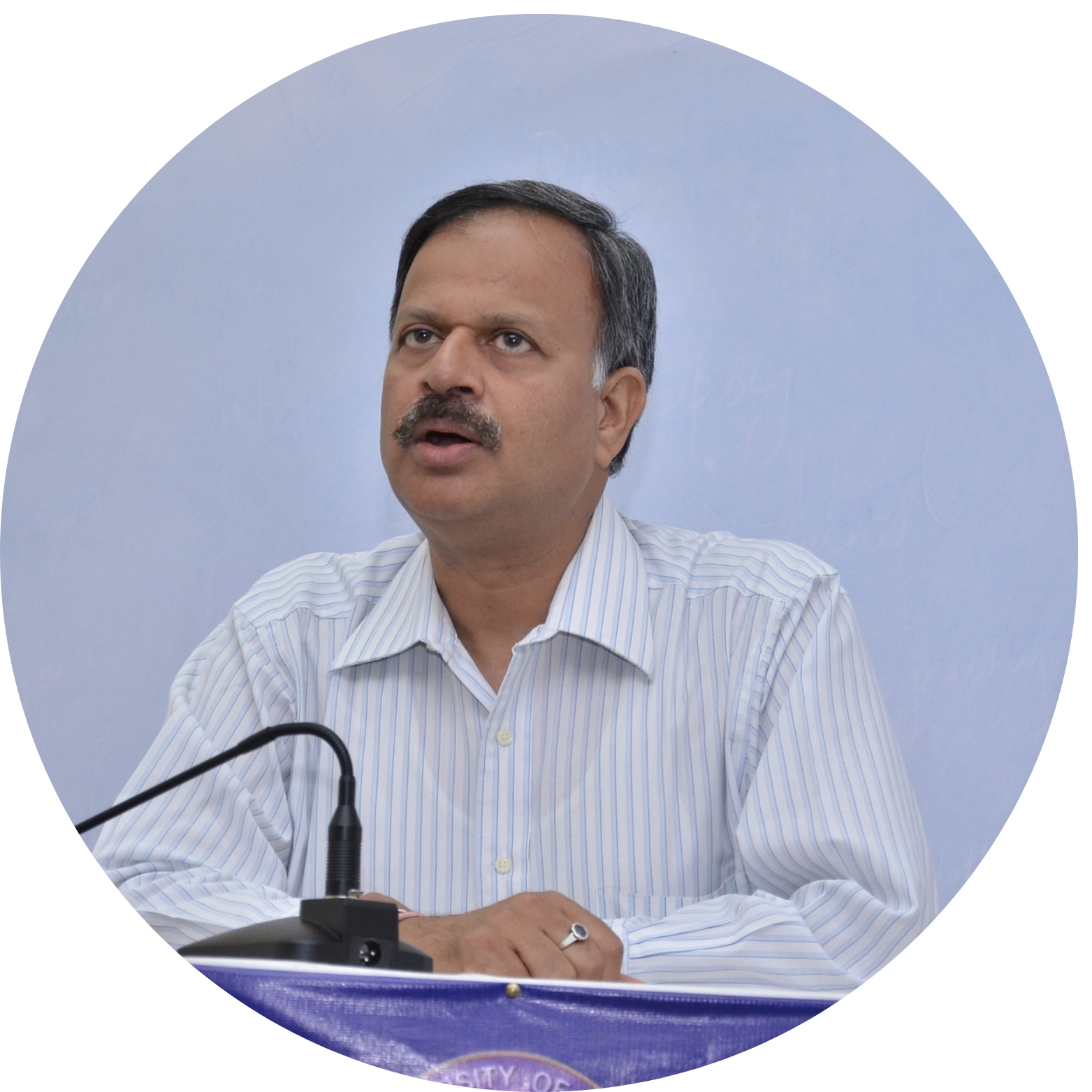
Soumendra M. Patnaik
President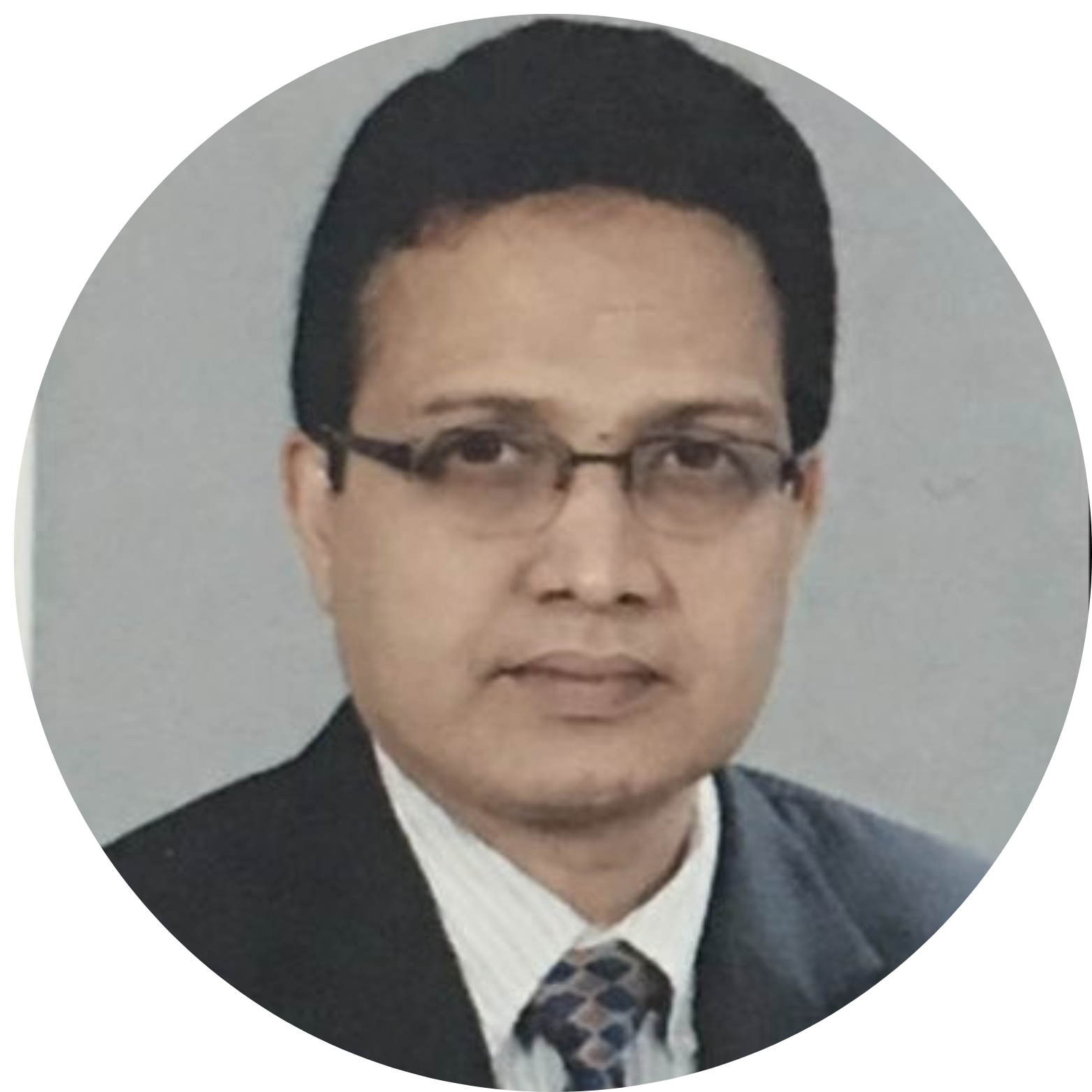
Sukant K Chaudhury
Vice President
S.N. Rath
Vice President
Rajlaxmi Rath
Vice President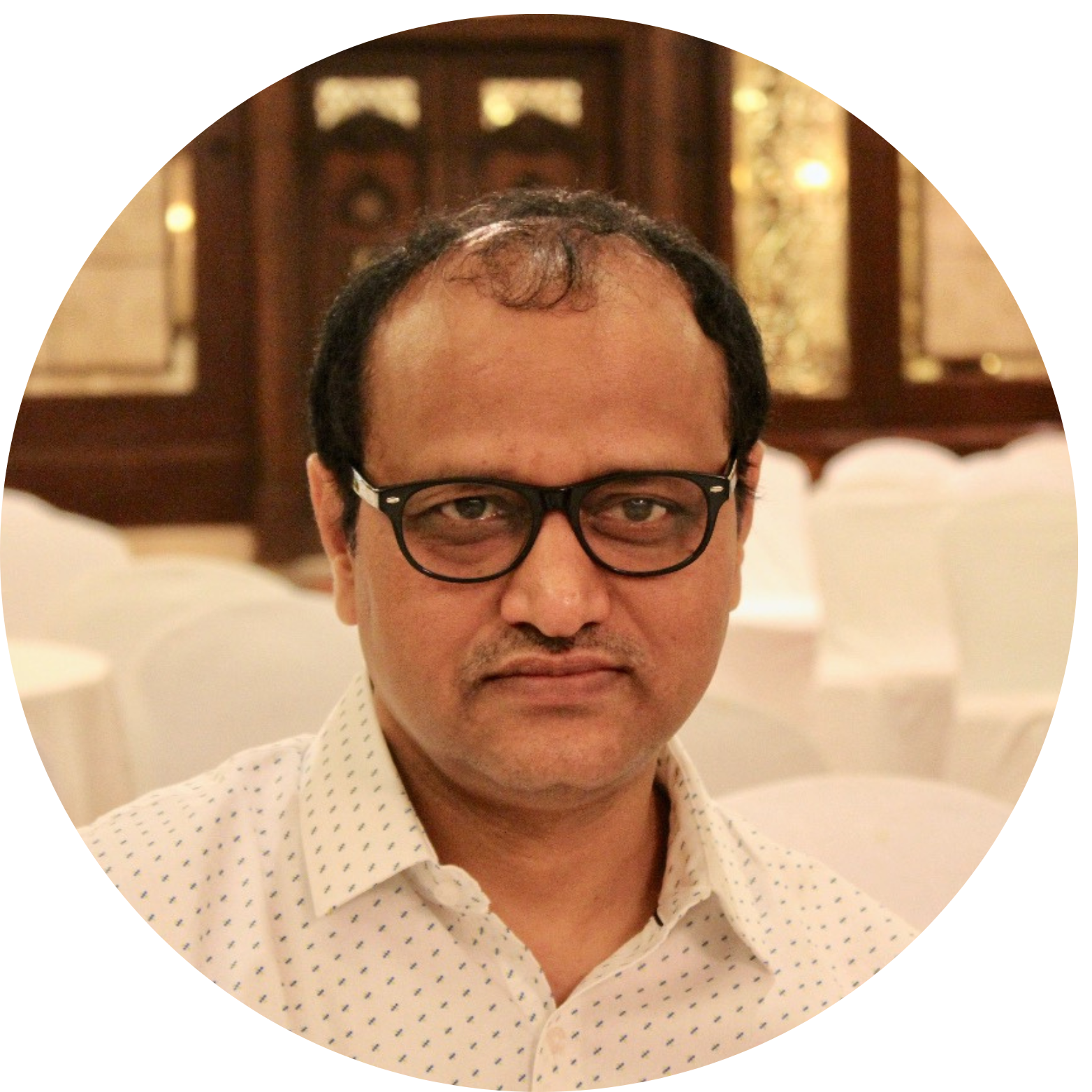
Manoj Kumar Singh
General Secretary
Avitoli G. Zhimo
Secretary cum Treasurer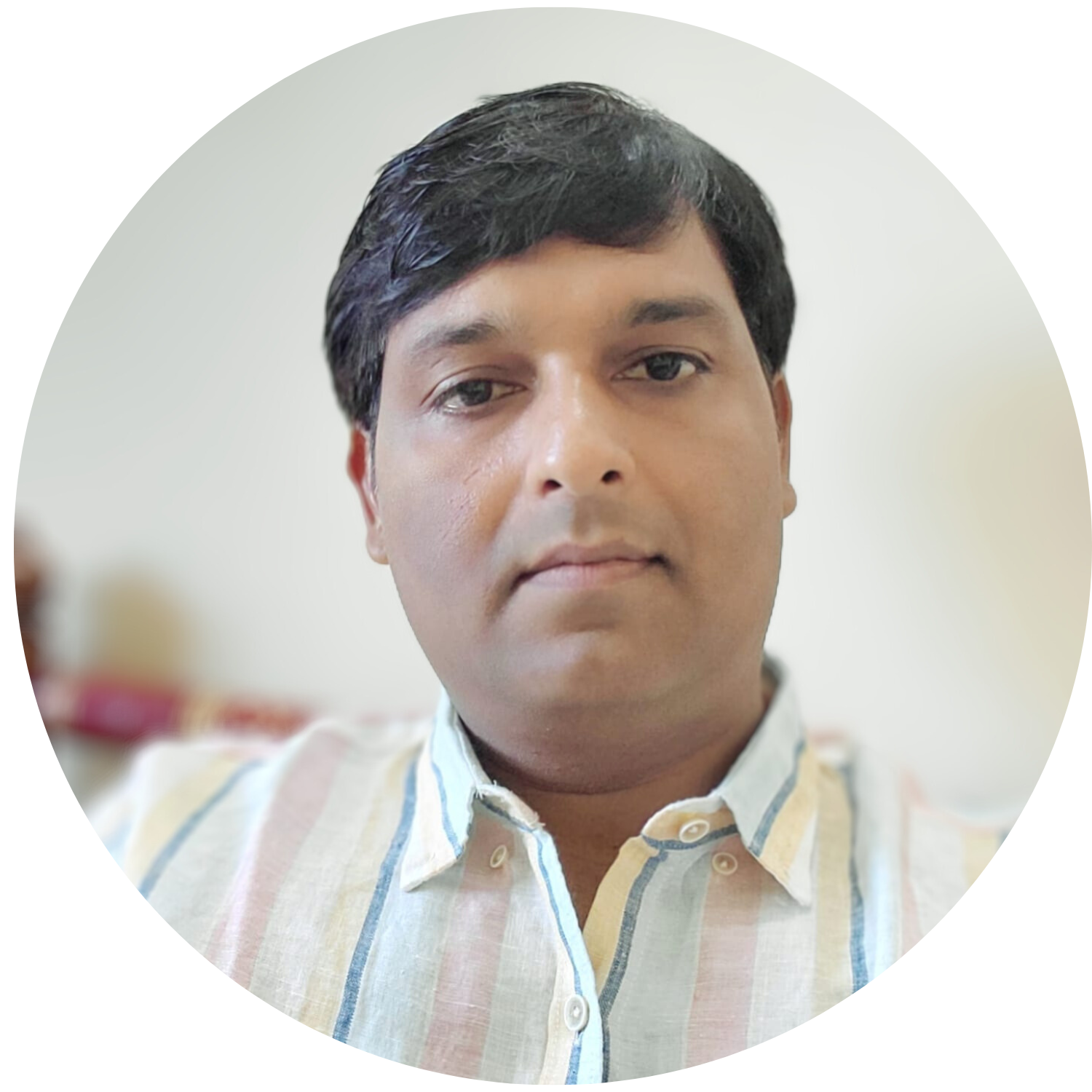
Rajanikant Pandey
Joint Secretary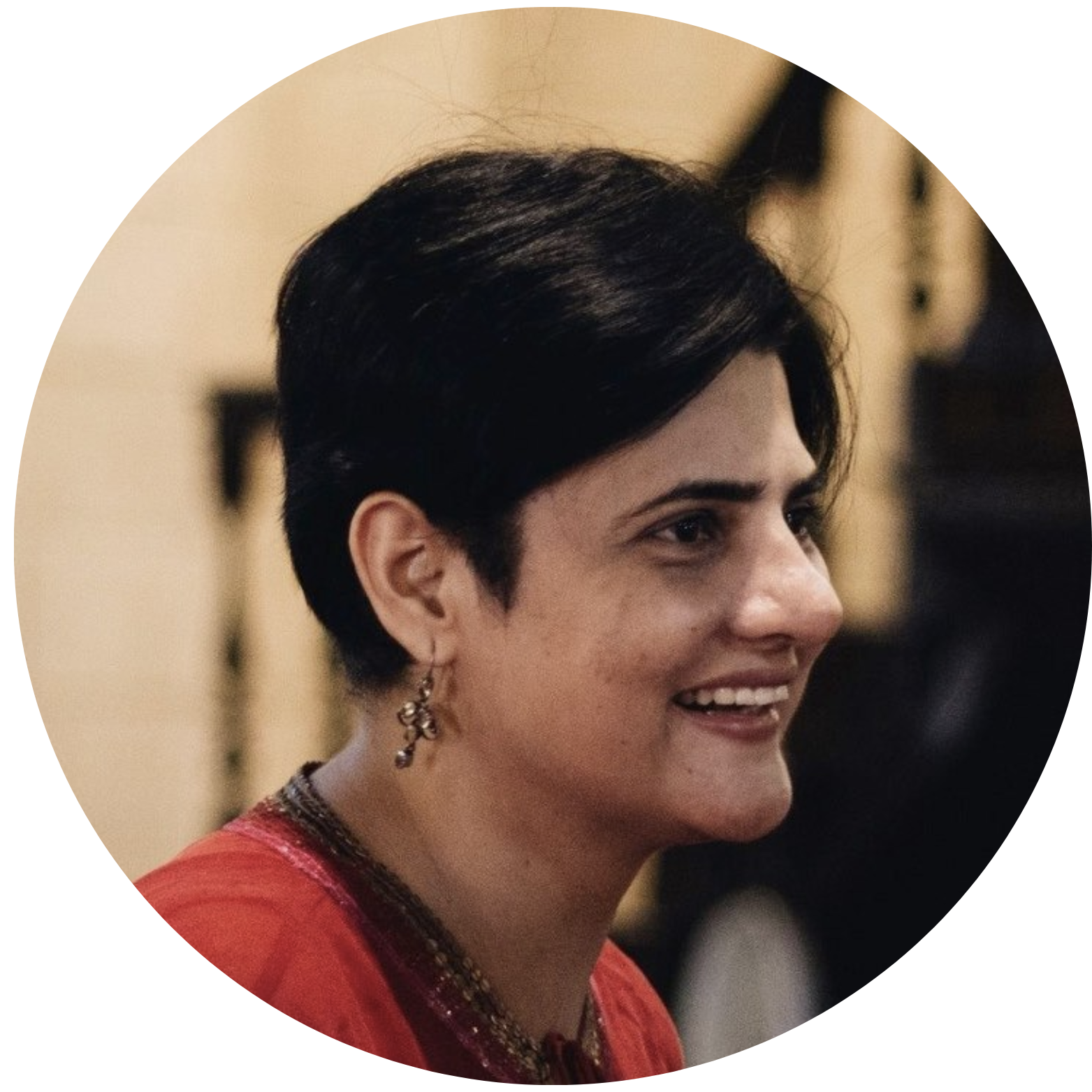
Supriya Singh
Joint Secretary
Regional Secretaries

Abhik Ghosh
Chandigarh
Mini Bhattacharya
Gauhati
Vineetha Menon
Kannur
Kali Nath Jha
SagarMembers

S.R. Mondal
Siliguri
Deepshika Baranwal
Delhi
Sonali Chatterjee
Delhi
Surendra Kumar Jena
Raipur
Geetika Ranjan
Shillong
Benrithung Murry
Delhi
Buddhadeb Chaudhuri
Kolkata
Subir Biswas
Kolkata
Archana Shukla
Delhi
Ranju Hasini Sahoo
Jagdalpur
Anup K. Kapoor
DelhiAWB
Anthropology Without Borders
The idea of Anthropology without borders stemmed from the Questions: What is the acceptance of anthropological opinion in India and South Asia? What projects have anthropologists worked on? Where can Anthropologists fit/work in the society, beyond academia?
As a response to these questions, the Indian Anthropological Association, taking cue from the ASF, decided to set up ‘Anthropology without Borders’ – a network of professional Anthropologists as well as like minded organisations from India and South Asia that seeks to establish a link between groups seeking anthropological specialists who can act as critical readers, analysts, and reviewers of reports and documents to which such groups may not have access to otherwise. Anthropology by virtue of being rooted in the field and with access to people’s knowledge, can help in critically examining policy documents, reports, as well as lending a voice to the people themselves in different spheres. Read more
YAF
Young Anthropologist Forum
Young anthropologist forum (YAF) attempts to provide a platform to the upcoming anthropologists in India for exchange of ideas and sharing of ongoing research findings at the level of the M.Phil and Ph.D. This would be done through creation of a network spreading all over India including all university departments and research institutes where Anthropology is taught and practiced. The main purpose is to initiate an academic culture that will instill international competitiveness in dealing with task of publications, peer reviews, referral comments, seminars and discussion groups providing critical comments of contemporary relevance. Read more
Events
Seminars | Workshops | Special Lectures
Anthropology in India and Anthropological Journals in Indiaby Prof. S M Patnaik and Prof. Nilika Mehrotra in Global Anthropological Dialogues.
IUAES 2023 World Pre Congress 2022 Lucknow India |
International Conference on 'Anthropology in India: Contemporary Debates and Future Possibilities' 25-26 March 2022.
TED talk by Prof. Soumendra M Patnaik (President, IAA) on 'Security in a Social Sense'.
